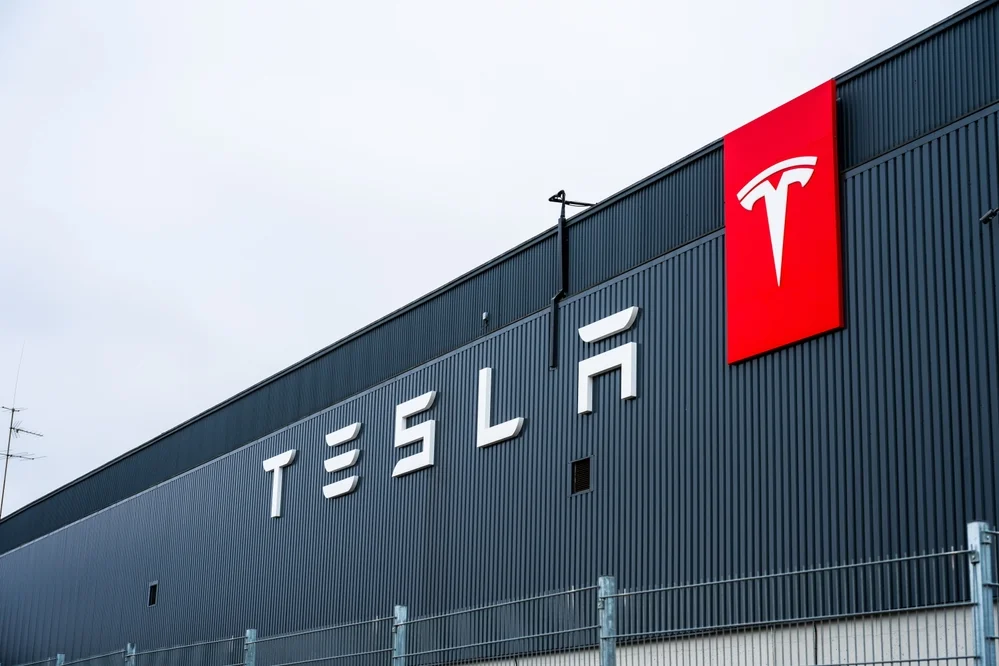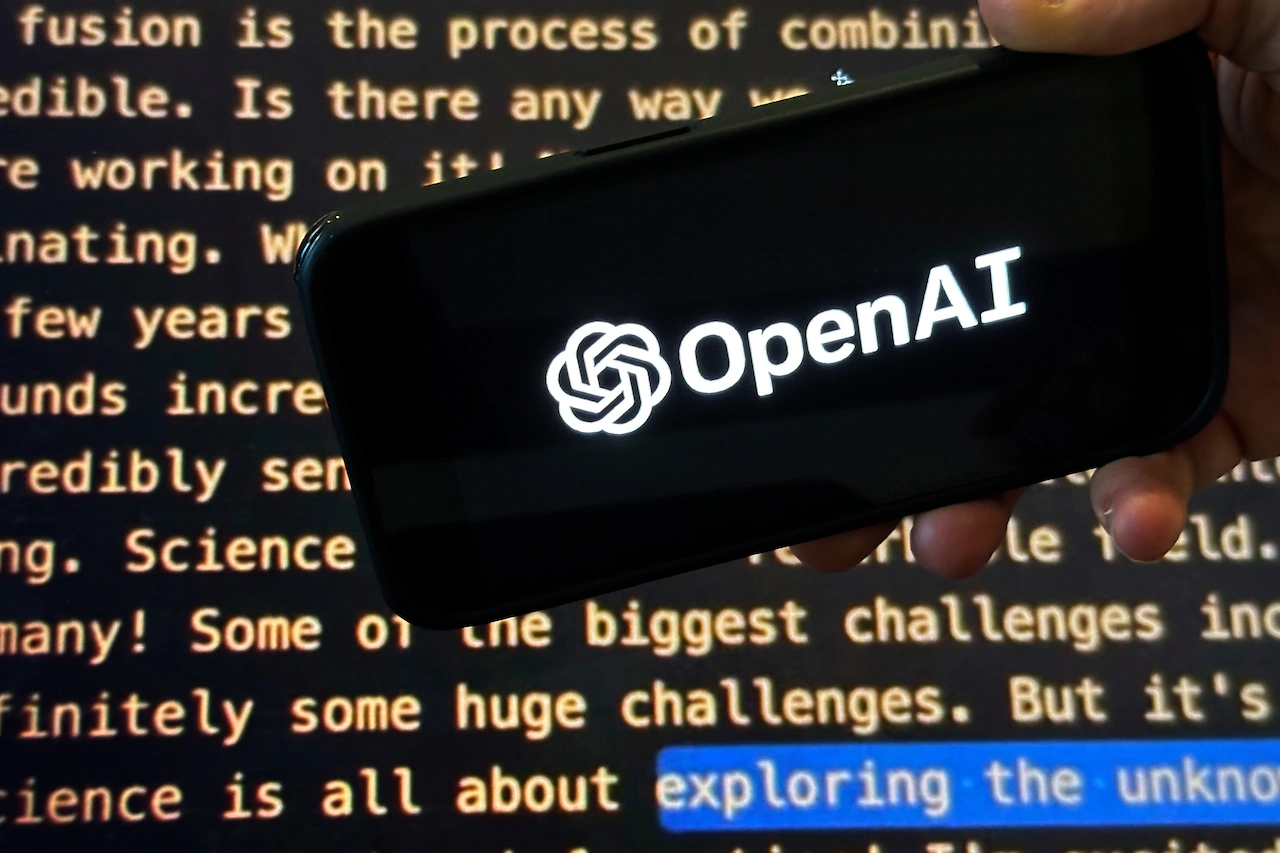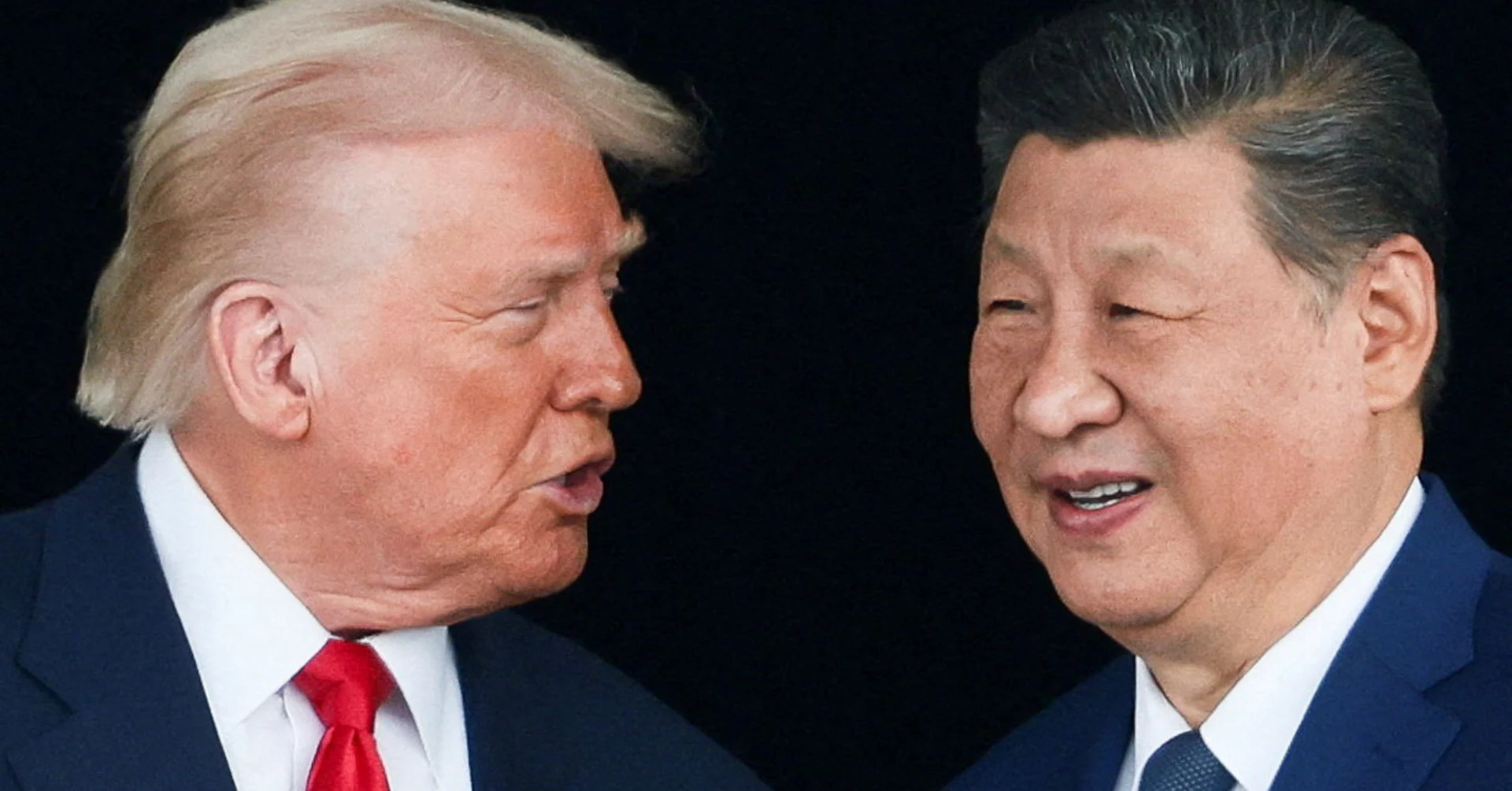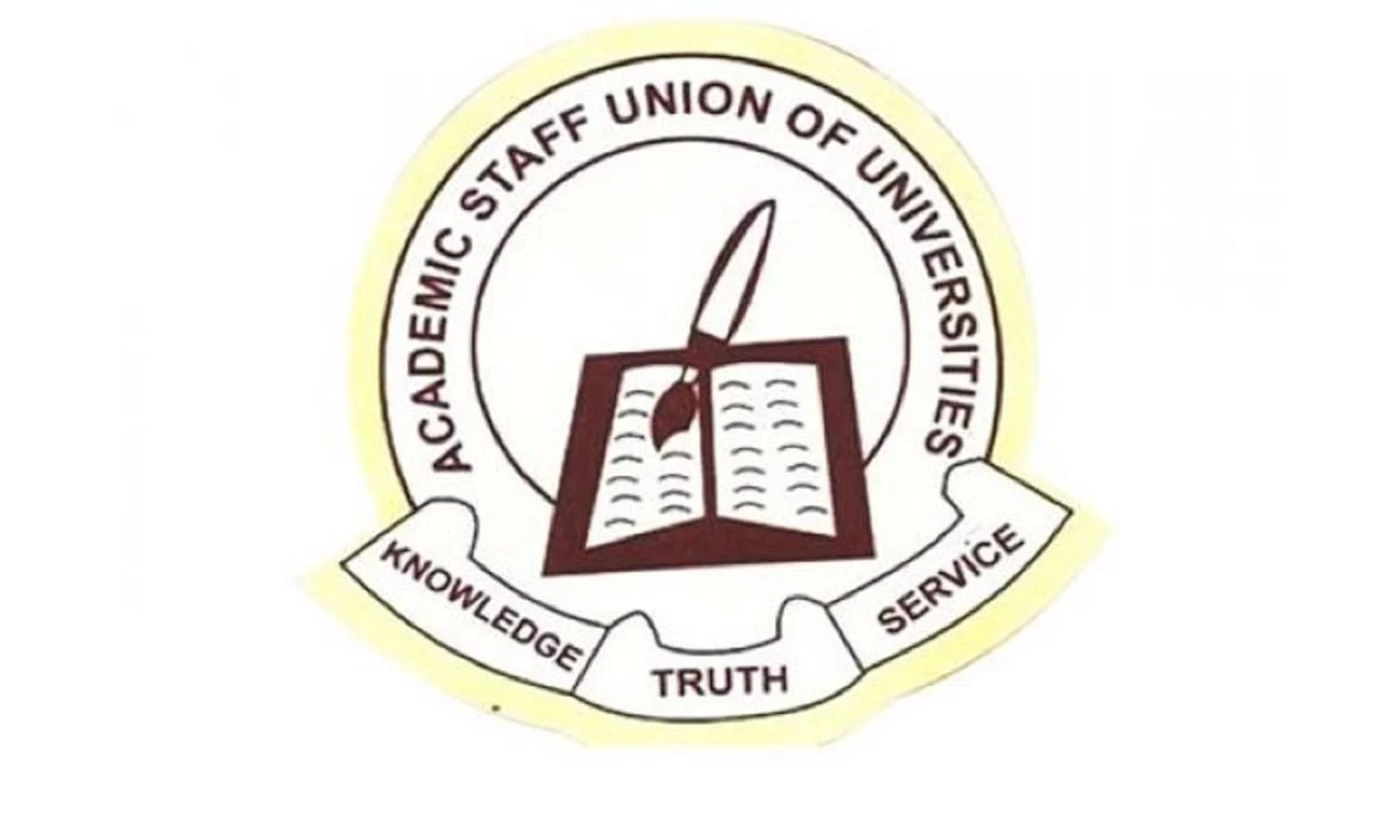Copyright newyorker
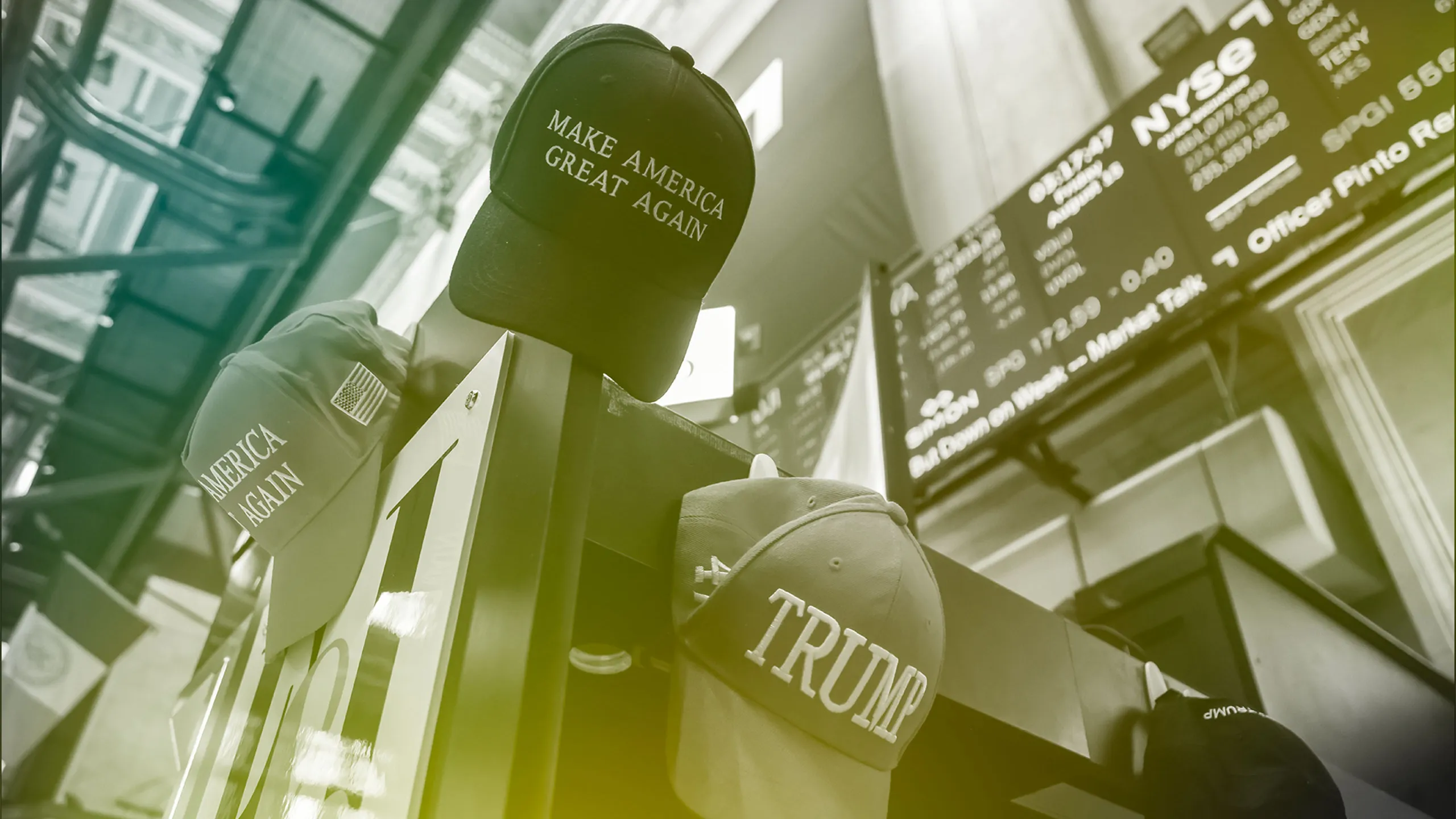
Mamdani is hardly representative of the national Democratic Party. Moreover, the platform he campaigned on—free bus rides, universal child care, building more affordable housing units, a freeze on rents for apartments that are rent-stabilized, opening a handful of city-run groceries with the aim of offering cheaper fare than privately run stores—is squarely focussed on the cost of living in a city where, according to Zillow, the average rent for a two-bedroom apartment is approaching four thousand dollars citywide. (Day care for one child can run another two thousand dollars per month.) Questions can be raised about whether Mamdani’s approach will work. But it’s hardly a socialist blueprint. A full-blooded socialist commitment would look more like the one that the British Labour Party used to print on its membership cards back when I was young: To secure for the workers by hand or by brain the full fruits of their industry and the most equitable distribution thereof that may be possible upon the basis of the common ownership of the means of production, distribution, and exchange, and the best obtainable system of popular administration and control of each industry or service. These words were taken from Clause IV of the Party’s constitution, which the Fabian socialist Sidney Webb drafted in 1917. In 1995, as part of his project to rebrand the Party as “New Labour,” Tony Blair persuaded it to junk Clause IV. He believed that the commitment had become a political liability; indeed, in Europe and America, the collapse of the Soviet Union had widely discredited wholesale state ownership and state planning of the Gosplan variety. These days, even the Democratic Socialists of America, of which Mamdani is a longtime member, says it is committed to “a humane international social order based both on democratic planning and market mechanisms.” But, in some ways, Blair’s dismissal of public ownership turned out to be premature. In Britain, between 2020 and 2024, a Conservative government renationalized some railway operators that Blair’s predecessor as Prime Minister, the Conservative John Major, had privatized in the nineteen-nineties. The reason for this recent intervention: under private ownership, their operational and financial performance had been horrendous. The current Labour government, led by Keir Starmer, is in the process of renationalizing the rest of the railway companies, with widespread support. A poll conducted last year found that most Britons would like water, gas, and electricity firms to be publicly run, too. Here in this country, Republican opposition to public ownership remains implacable, at least in theory. Conservatives have long argued that government-run enterprises, such as Amtrak and the U.S. Postal Service, are innately inefficient, and attacked even modest public initiatives as dangerous flirtations with socialism. Ironically, however, it’s a Republican President, Donald Trump, who is busy expanding the frontiers of the state by having government agencies take sizable stakes in privately run companies. In August, the chip manufacturer Intel announced that the Trump Administration would acquire 433.3 million of its shares for $8.9 billion, which translated into an ownership stake of just under ten per cent. This was one in a flurry of deals that has allowed the federal government to acquire either direct ownership stakes or options to purchase ownership stakes in the future, in five rare-earths companies, and obtaining a so-called golden share in U.S. Steel, which it received when the Trump White House approved its sale to the Japanese company Nippon Steel. Although this unusual arrangement didn’t grant the government any ownership rights to future profits that U.S. Steel generates, it gave the President the right to veto certain moves by the company, including decisions to shutter factories or move operations abroad. To be sure, this isn’t the first time that the U.S. government has acquired stakes in major companies, and the basic principle of rewarding the taxpayer for providing financing to private businesses is a sound one. (Bernie Sanders, hardly a fan of Trump, voiced qualified support for the Intel deal.) During the great financial crisis of 2008-09, the federal government supplied emergency financing to the carmaker General Motors and the insurance company A.I.G., taking ownership stakes of roughly sixty per cent and eighty per cent, respectively, which it subsequently sold off. It also seized control of the mortgage giants Fannie Mae and Freddie Mac, taking an eighty-per-cent ownership stake that it still has today. These government rescues were all crisis measures. Trump’s stakebuilding, which some observers refer to as “state capitalism,” is more arbitrary and opaque, and subject to his whims. Obviously, he isn’t a socialist, but, if a Democratic President were to intervene in the business sector in the ways that he has, many Republicans would be screaming about creeping socialism. The Intel transaction grew out of some unfinished business from the Biden Administration, which, through the CHIPS and Science Act of 2022, agreed to give the struggling chipmaker around eight billion dollars in federal grants and eleven billion dollars in loans for the construction of new plants in the U.S. that would help the company catch up with overseas rivals. When Trump returned to the White House, only about a quarter of the promised money had been passed on to Intel, and it wasn’t clear what would happen to the rest. Evidently, the Trump Administration demanded an equity stake in exchange for transferring some of the money, and Intel could hardly say no. The federal government is now its largest shareholder. The Administration has already used the powers granted by its golden share in U.S. Steel. In September, according to the Wall Street Journal, the Commerce Secretary, Howard Lutnick, heard that the company was planning to shutter a plant in Illinois and told its chief executive that Trump would exercise his right to block the move. U.S. Steel reversed course. This sort of interventionism is anathema to free-market conservatives, and it’s far from clear where it will end. Lutnick has said the Administration is even considering taking ownership stakes in big defense contractors, such as Boeing and Lockheed Martin, presumably as the price of renewing their lucrative federal contracts. There has also been some speculation that the Trump Administration could end up doing some sort of finance-for-equity deal with a big artificial-intelligence company, such as OpenAI, which is making huge investments in data centers that it needs to train and run its models. According to Sam Altman, the firm’s C.E.O., it has committed to spending $1.4 trillion in the course of the next eight years. Its revenues are growing fast: Altman said that by the end of this year they will be running at an annualized rate of twenty billion dollars. But the company is still spending far more than it takes in, and it needs to raise a great deal of external funding. Last week, Sarah Friar, OpenAI’s chief financial officer, said it was looking to “an ecosystem of banks, private equity, maybe even governmental,” and she raised the possibility of obtaining a federal-financing guarantee, which would reduce the firm’s borrowing costs and shift to the government at least some of the risk if OpenAI were unable to repay its loans. Essentially, if the company underperformed, the taxpayer could be left to pick up part of its tab. Friar subsequently issued a clarification, in which she said that OpenAI was “not seeking a government backstop.” Altman, in a long social-media post, reiterated this message, remarking that “governments should not pick winners or losers.” However, he added, “What we do think might make sense is governments building (and owning) their own AI infrastructure, but then the upside of that should flow to the government as well.” Even if Altman isn’t seeking public support for OpenAI specifically, he clearly wants more federal involvement in the industry, including public ownership of key A.I. assets. In some quarters, that might be termed socialistic. David Sacks, the Silicon Valley venture capitalist who serves as the White House’s A.I. czar, also weighed in, saying there would be “no federal bailout for AI.” If one of the big American A.I. companies failed, he said, another one would take its position. As of today, that must be taken as the official Trump Administration line. But, with Trump being Trump, and the suggestion by some independent economists that the economy would be in a recession if not for businesses spending on A.I., can anyone say what will happen, or what should happen? If A.I. represents the existential threat to workers and even humanity that some experts think it is, does it make sense to leave the technology’s development entirely to big corporations that focus primarily on making profits and boosting their stock prices, or, in the case of the A.I. startups, preparing for I.P.O.s? Finance-driven capitalism has proved to be a formidable source of innovation and wealth creation, but it also tends to neglect other concerns, and that’s putting it mildly. This is not a view shared widely in the Trump Administration, of course. And, given the sway that tech billionaires have at the White House, it’s difficult to imagine the Trump regime setting a course for A.I. that would prioritize societal interests over the profit motive. But that doesn’t negate what is already happening in other parts of the economy, where the Administration is intervening willy-nilly, dispensing money and favors, and expanding its reach at a pace that’s hard to keep up with. Despite this, the N.R.C.C. must surely have things right. It’s obviously Mamdani, and his plan to open city-owned grocery stores in a handful of poor neighborhoods, that represents the real socialist wave. ♦
